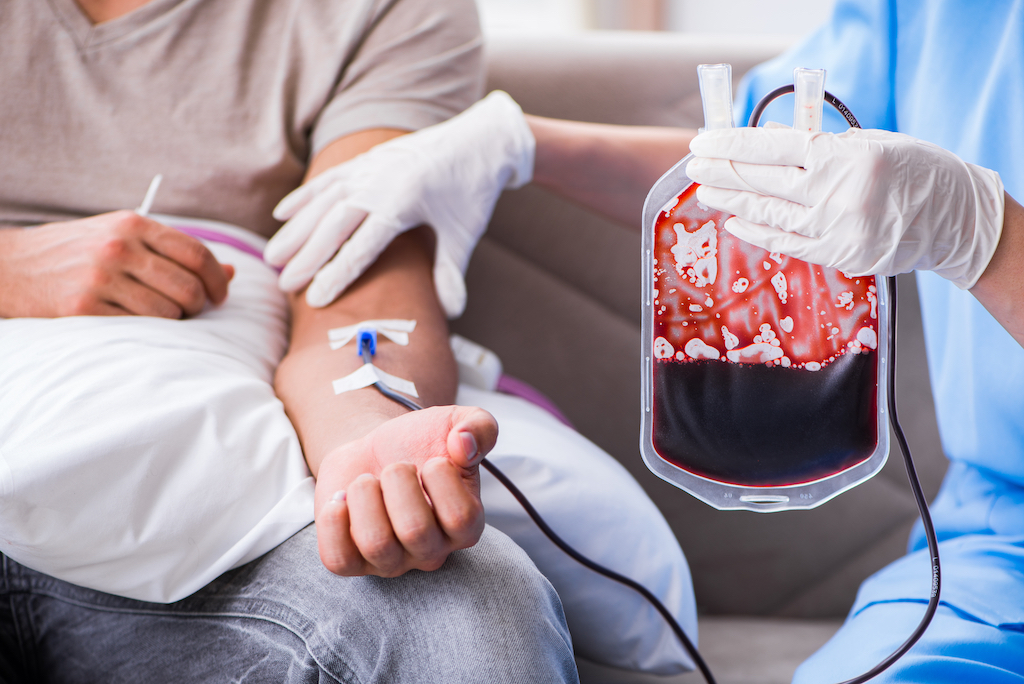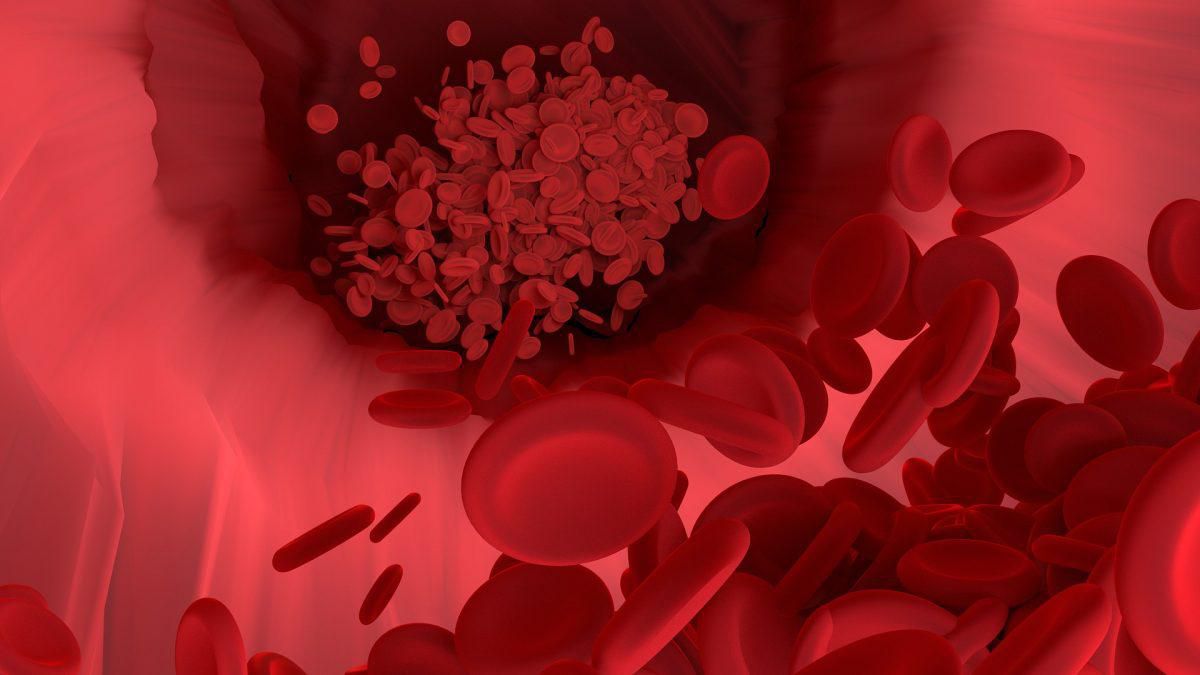What Are Transfusion Reactions
Introduction
Whenever someone experiences any blood loss, which could get severe, a phenomenon that is used to restore blood that you have lost is called a blood transfusion. A routine procedure adds donated blood to your own. It is lifesaving.
Whereas, the blood must be exactly matched to your blood group. If the blood group is not matching, you can experience a transfusion reaction.
Transfusion reactions are very rare, but these can be very dangerous to our kidneys and lungs. In some cases, these reactions become life-threatening.
Process
Consultants may recommend a blood transfusion if someone lost an excessive amount of blood or the body is not producing enough blood this could be in the following scenarios.
· Someone is going through major surgery or had some serious injury, blood is lost, and you need to replace lost blood.
· Someone is facing bleeding in the digestive system due to an ulcer or other reasons.
· Someone is suffering from an illness like leukemia or kidney disease that causes a decrease in red blood cells.
· Someone is going through cancer treatments in which person is receiving treatment like radiation or chemotherapy
· If someone is having a blood disorder due to any reason or is going through severe liver problems
This process of blood transfusion is commonly done for blood components, such as red blood cells, platelets, or plasma. Before a blood transfusion, a person will draw your blood, which is a blood sample. This sample will be sent to a laboratory for screening tests and cross-matching. Cross-matching is testing to determine if your blood is compatible with a donor’s blood of the same type.
Blood types
There are different blood groups as listed below
· A+
· A -
· O +
· O -
· B +
· B -
· AB +
· AB –
You must know your blood group because red blood cells contain antigens corresponding to these blood types. If a laboratory gives you the wrong type of blood, your immune system will detect any foreign proteins on the red blood cells of the wrong blood type and attempt to destroy them.
Blood banks have very detailed testing processes to make sure blood is safe and correctly typed for use.
Causes of transfusion reaction
If the blood group of both donor and receptor does not match then antibodies in the recipient’s blood can attack the donor blood. If the recipient is, the immune system attacks the red blood cells of the donor, phenomenon a hemolytic reaction. This may cause an allergic reaction to a blood transfusion as well.
Another type of transfusion reaction is the transfusion of lung diseases. This reaction may occur when donor plasma contains antibodies that cause damage to the immune cells in the lungs. This lung damage results in fluid buildup in the lungs and can severely limit the ability of the lungs to supply oxygen to the body. This reaction usually occurs within 6hrs of receiving blood.
In some cases, bacteria may be present in the donated blood. While giving this blood to a recipient can cause infection, shock, and death.
If a person receives too much blood transfusion reaction can also take place. Having too much blood can overload your heart, forcing it to work harder to pump blood through your body and resulting in fluid buildup in the lungs.
Risk for a transfusion reaction
Blood banks make good efforts for screening blood tests. A sample of recipient blood is often mixed with potential donor blood to ensure compatibility. Before the blood is given to you, the blood label and your identity will be thoroughly checked.
Transfusion reaction treated
If you observe any symptoms or unusual reactions during blood transfusion, the transfusion should be immediately stopped. A laboratory representative should come, draw blood from you, and take the donated blood for testing to ensure they were matched.
These transfusion reactions can vary in asperity. Some symptoms can be mild and treated with acetaminophen to reduce any pain or fever. Your doctor may also prescribe intravenous fluids or medications to reduce the likelihood of kidney failure.






